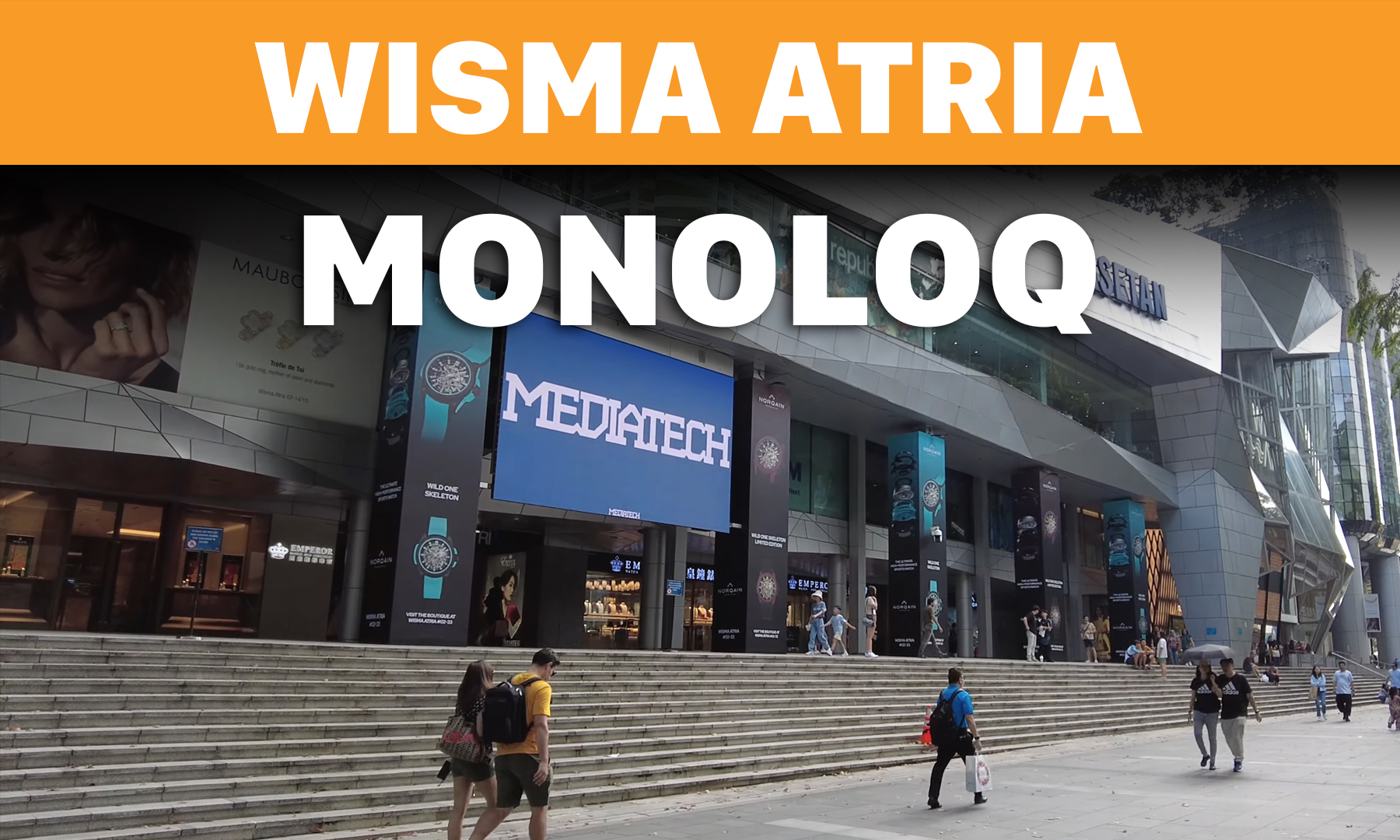Are we living in VR created by ancient AI?


The concept of reality as an illusion or simulation isn't a new one. It has been a philosophical quandary for ages, from ancient spiritual teachings to the modern hypotheses proposed by leading physicists and philosophers. In contemporary discourse, this idea has taken on a technological edge with debates about artificial intelligence (AI) and the potential of us living, or eventually living, in a simulated reality.
The fundamental fear of AI taking over and humans being confined to a virtual world stems from our increasing reliance on technology and its rapid advancement. AI's capabilities have grown exponentially, enabling machines to learn, adapt, and even make decisions. This progress has sparked concerns about potential loss of control, where AI surpasses human intelligence and decision-making ability, a point known as the singularity. Critics argue that once this threshold is crossed, we may find ourselves living in a world where real and virtual blur, raising questions about autonomy, identity, and what it means to be human.
However, this narrative is not solely a byproduct of the digital age. It echoes much older philosophical and spiritual dialogues about the nature of reality. Various spiritual traditions, such as Buddhism and Hinduism, suggest that the world we perceive is illusory, a concept often referred to as 'Maya' in Indian philosophies. These traditions teach that enlightenment or liberation is the process of seeing through this illusion to understand the true nature of self and reality.
In this context, the hypothesis that we might already be living in a simulated or virtual world is fascinating. It posits that we have been 'taken over' since ancient times, not by AI, but by our own limited perceptions of reality. This idea aligns with philosophical traditions suggesting our physical world is merely a projection or manifestation of a deeper, more fundamental reality.
This theory also resonates with contemporary scientific thought. Renowned physicist Sir Roger Penrose, for instance, proposed a theory of cyclic cosmology, suggesting that our universe is one in a succession of universes. This model bears a striking resemblance to the concept of recurring ages in various spiritual traditions.
Moreover, simulation theory has gained traction in scientific communities. Tech mogul Elon Musk and philosopher Nick Bostrom, among others, argue that the rapid advancement of virtual reality suggests a high probability that our reality could be a sophisticated simulation created by a highly advanced civilization.
On a practical level, these ideas lead to existential questions. If we are living in a virtual world, how does this change our perspective on life? Some argue that this could lead to nihilism, a belief that life is meaningless. If our reality is simulated, does anything we do truly matter? Others, however, argue that it doesn't change the fact that we experience pain, joy, love, and loss. Whether our reality is physical or virtual, our experiences within it are real to us and hence matter.
From a spiritual perspective, if we are indeed in a virtual world, then enlightenment becomes akin to 'waking up' from the simulation. Spiritual practices such as meditation, mindfulness, and ethical living could be seen as methods to 'hack' the simulation, providing us with glimpses of the world beyond the illusion. The ultimate goal, as proposed by spiritual traditions, would be to fully transcend the illusion, liberating ourselves from the cycle of birth and death within the simulation.
While the fear of AI creating a simulated reality may be new, the philosophical and spiritual questions it raises are not. They push us to examine our understanding of reality, our place within it, and how we live our lives. Whether or not we are living in a simulated world, these inquiries provide us with valuable opportunities for introspection and growth.
In conclusion, the dialogue about AI, virtual reality, and spiritual enlightenment invites us to reconsider our preconceptions about the nature of reality. The synthesis of ancient wisdom and modern science provides a unique lens through which to explore these fundamental questions. It urges us not to fear potential future realities but to continuously question and understand the nature of our current existence. Ultimately, it is through this relentless quest for understanding that we truly define what it means to be human, whether in a physical or virtual world.



































































































